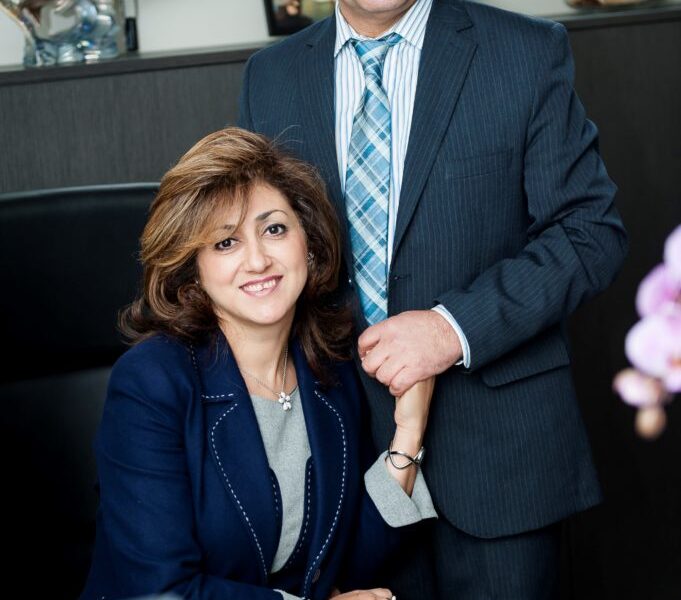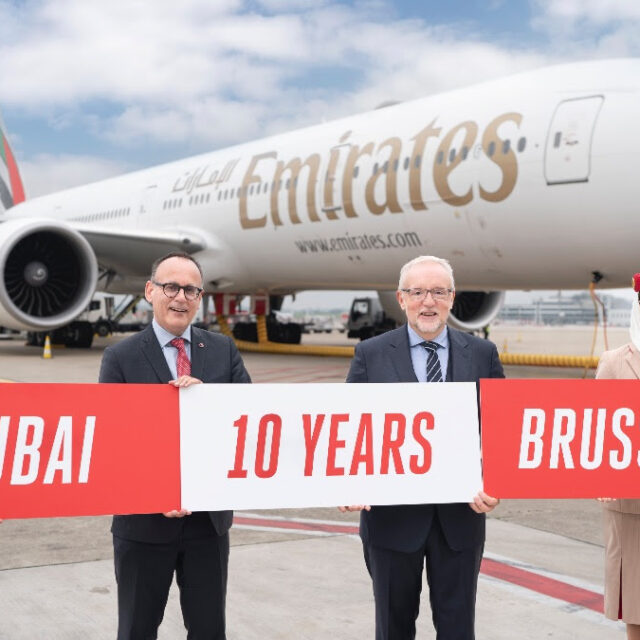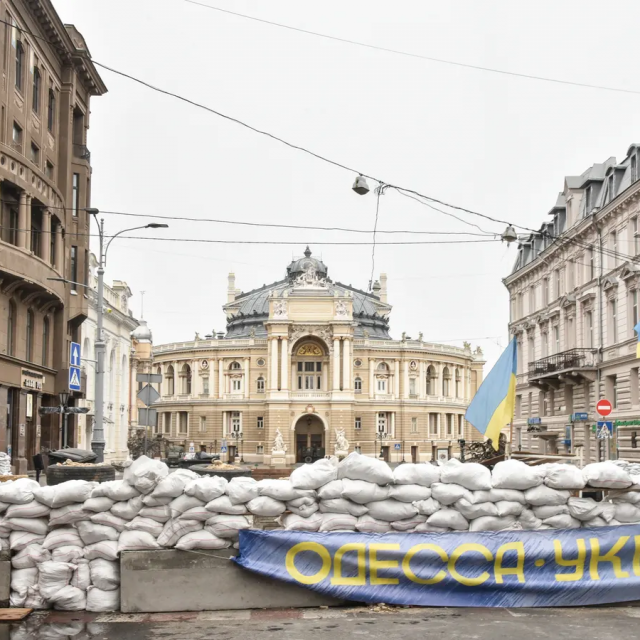The Mayor of Waterloo in Belgium has praised a local SME for helping to boost the local economy.
Florence Reuter was speaking at a special event to mark the 30th anniversary of the founding of Caspian Tradition, based in Waterloo.
From relatively humble beginnings, the business has grown to become a leading player in its sector.
Reuter, a senior member of the Reformist Movement and also a member of the Chamber of Representatives of Belgium, told this website the company deserved praise for the work it was doing.
The politician, mayor in Waterloo since 2015, said Caspian Tradition was an example of business excellence and a highly creditable family business.
She said, “It produces very good products and it is very important to have an SME like this in the area.”
“SMEs are the backbone of the economy, both locally and nationally, here in Belgium and we are delighted to have them in Waterloo.”
The business was founded in 1995 by an Iranian-born couple, Ahmad and Arya Razavi, and specializes in the import, packaging, and distribution of top quality caviar. Located on a Waterloo business park, it collaborates with renowned producers around the world to offer products of exceptional quality.
In an effort to diversify, Caspian Tradition acquired La Maison du Caviar in Brussels in 2011, expanding its offering to include other products such as foie gras and smoked salmon.
Ahmad, speaking at the anniversary event in Braine l’Alleud on Friday, told this site that the initiative to expand was part of its desire to offer refined dishes to a demanding clientele.
In 2012, the company acquired a 1,000 m² ultramodern laboratory, designed in compliance with strict EU standards.
“This facility guarantees perfect traceability and optimal quality, meeting the demands of chefs and food lovers,” added Ahmad
He said the business was also fully aware of environmental issue and, as such, the company favours farmed caviar, thus contributing to the preservation of sturgeons.
“This commitment demonstrates a responsible and sustainable approach, vital for the future of this industry,” he said.
He said the biggest challenge facing the sector nowadays was the emergence of illegal fishing in the Caspian Sea, often by some of the countries that used to comprise the old Soviet Union.
Such illegal practices, he said, did not adhere to the strict legislation regulating the sector which other reputable businesses such as his own fully respect.
“It is a real concern for legitimate businesses,” he admitted.
Drawing on its unique expertise and constant high standards, Caspian Tradition has established itself as the leading caviar brand in Belgium and beyond and recently opened a new space dedicated to organising gastronomic events and competitions.
The couple’s success story started back in the 1990s when Ahmad, a lawyer by training, came to Brussels to study for his PhD at ULB. Although his father, back in Iran, had some knowledge of caviar, Ahmad got involved in the business purely by accident.
Over the last 30 years, though, the scale of their activities has multiplied and the company is now the biggest of its kind in Europe.
While Belgium is still an important market – not least at Christmas and New Year – the company now exports its caviar all over the world.
The business has evolved over the years, particularly since the fishing of wild sturgeon – the prehistoric fish from whose eggs caviar comes – was officially outlawed in 2009.
This was to ensure that the species, already designated endangered, did not become extinct.
The ban on sturgeon fishing in the Caspian Sea led to the development of aquaculture as an economically viable means of commercial caviar production.
The company has grown enormously since its foundation back in 1995: from occupying an area of just 500 sq metres back then it is now spread over 1,500 sq metres in Waterloo and produces multiple tonnes of top quality caviar annually.
It cleverly negotiated the 2009 ban by the development of farmed caviar. The quality is just as good but this means that this couple are playing their part in helping to protect and maintain this rarest and most precious of marine products.




